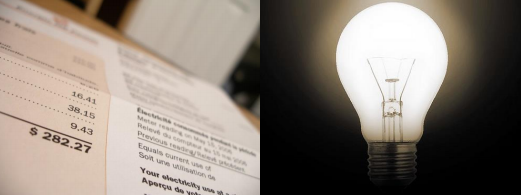Electricity Bill Cheat Sheet
Oct 29, 2015
ELECTRICITY BILL CHEAT SHEET

First time renters, homeowners (or perhaps the teenager that doesn’t understand ‘cost of living’ yet :-) often have so much going on adapting to change that they don’t take the time to learn important things along the way, including the details on the bills they pay. Sometimes we can be a little too assumptive that everything is exactly as it should be.
Here’s a cheat sheet just for them, so feel free to pass on to anyone that could benefit. Some of the information is obvious; some not so much but either way we can never underestimate what others do and do not know. Some of this info could come in very handy for them.
Average cost per day: This is how much you pay each day on average for energy for this billing period.
Average daily usage: This is how much energy you use each day on average. It is measured in kilowatt hours (kWh) for electricity and megajoules (MJ) for gas.
kWh: Electricity energy consumption is measured in kilowatt hours. A kilowatt (kW) is 1000 watts of electrical power. For example, if you run a 1000 watt heater for one hour, it will use 1 kWh.
MJ: Gas energy consumption is measured in megajoules. A megajoule (MJ) is a measure of gas equal to one million joules.
Charge/kWh: Electricity usage is priced in cents per kilowatt hour, for example, 22.56 cents per kilowatt-hour (c/kWh). So if you use 20 kWh each day, it would cost $4.51 each day.
Peak and off-peak: If you choose a flexible pricing or time-of-use electricity plan, there will be different charges for peak and off-peak use.
Service to Property: A fixed charge that is also called the 'daily supply charge'.
Courtesy of www.energymadeeasy.gov.au

